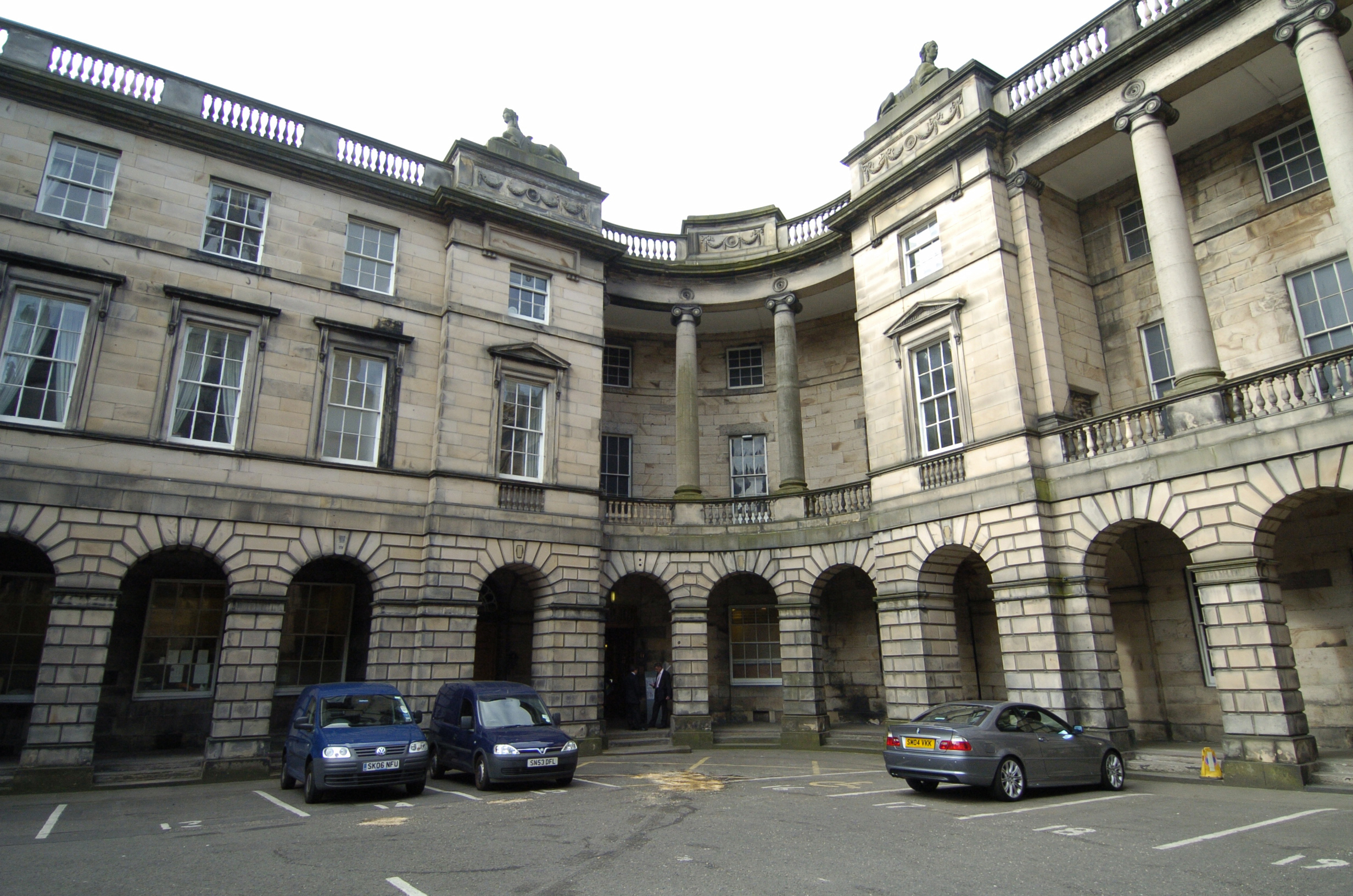
IT took just 10 days in the Court of Session for Lord Armstrong to establish a truth which has eluded the Crown Office for six long years.
Having sifted through the evidence, the legal expert arrived at his carefully considered conclusion – Denise Clair HAD been raped by David Goodwillie and David Robertson. She was, he said, too intoxicated to give consent to sex – even if she wanted to.
In his role as prosecutor, he once might have been called upon to pursue the footballers under the Sexual Offences (Scotland) Act 2009, the terms of which decree an intoxicated woman cannot give meaningful consent.
In his judgment, the Law Lord made no reference to the Crown’s decision to drop a case seemingly tailor-made for the law which was enacted in December 2010, weeks before Denise was assaulted.
But he decreed: “Having carefully examined and scrutinised the whole case I find the evidence of the pursuer (Denise) to be cogent, persuasive and compelling.”
READ MORE
‘They offered me £115,000 to drop the case’: Denise Clair speaks out about football rape case
‘When I won, I cried one last time… with relief that it was all over‘
Given the judgment, Denise cannot understand why the Crown Office never pursued a criminal case against the footballers.
At the time she was attacked, Derek Ogg QC had been made head of Scotland’s newly formed National Sex Crimes Unit.
“It’s time abusers felt frightened,” he said at the time. “We will treat a rape the way we approach a murder, looking at the whole picture.”
Denise believes Mr Ogg could have been describing her case.
She believed in him and was delighted when she was told Alex Prentice QC – the Crown’s top prosecutor – would handle the case
Then she received devastating news – the criminal case against the footballers was not going to go ahead. Mr Ogg explained to Denise in person what had happened.
“He described it as an ‘aeroplane trying to take off without any fuel’,” said Denise. “It was a bombshell. I’m very glad Lord Armstrong’s opinion was so different.”
Lord Armstrong reached his decision after Denise won legal aid in September 2014 to raise a civil action against the men.
In a civil case there is a different standard of proof. Lord Armstrong had to be satisfied that Goodwillie and Robertson raped Denise on a balance of probability, while a criminal case the standard of proof has to be “beyond all reasonable doubt”, a much higher bar to reach.
But Denise and her lawyer Cameron Fyfe believe their case was strong enough to meet the criminal test.
“I was completely surprised by the decision,” Mr Fyfe said. “The evidence appeared compelling.
“There was DNA and statements from witnesses, as well as expert testimony that Miss Clair could not possibly have given her consent to have sex.”
Denise’s MSP Neil Findlay has now written to the Lord Advocate demanding a proper explanation for why the case wasn’t pursued.
Denise is also angry that the chance to obtain crucial forensic evidence was missed because it took nine hours to find a police surgeon to do the tests. Evidence of a “date rape” drug disappears quickly from the system.
She called police around 9.30am on January 2, 2011, after she awoke, alone and naked in the West Lothian flat where Goodwillie and Robertson had taken her.
But she sat in a police station in Livingston and then a specialist sex crime unit in Edinburgh from midday until around 6.30pm, when a police surgeon was finally found to conduct the examination which might have revealed whether she had been drugged.
“Those lost hours have caused me great anguish,” she said.
“Everyone knows those drugs are out there and no-one should have to wait for so long to be tested.”
The Crown Office said: “As Lord Armstrong stated in his judgment, the standard of proof to be satisfied was that of the balance of probabilities which is a less onerous requirement than the standard in criminal cases, which is ‘beyond reasonable doubt’.
“Further, there is no requirement of corroboration in civil cases unlike in criminal cases.
“This case was looked at very carefully by Crown Counsel who concluded there was insufficient evidence in law to raise criminal proceedings. As a result no proceedings were instructed.”
Police Scotland said it treated all reports of sexual assault with the “utmost seriousness”. “Following a report of rape in Armadale in January 2011, an extensive investigation was carried out and the case was reported to the Procurator Fiscal.”

Enjoy the convenience of having The Sunday Post delivered as a digital ePaper straight to your smartphone, tablet or computer.
Subscribe for only £5.49 a month and enjoy all the benefits of the printed paper as a digital replica.
Subscribe